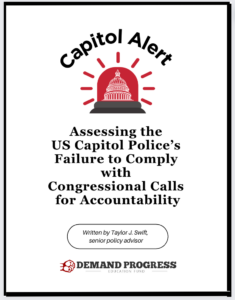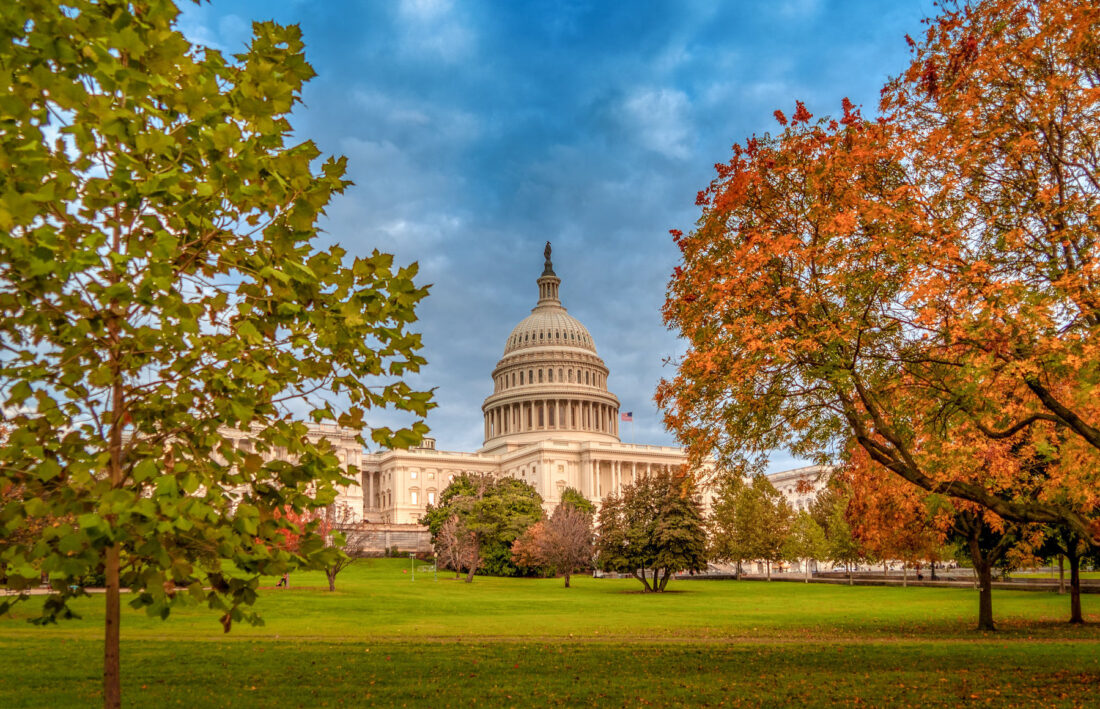TOP LINE
The contrast of fast and slow continues to stand out to us in this new Congress. The House is prepping its appropriations work with breakneck speed, while the Senate will stretch its process out at a more leisurely pace.
With only themselves to respond to the baking crisis that emerged suddenly, Senators chose to respond with no response at all.
The failure of Silicon Valley Bank and Signature Bank were historically large, and indicate some broader structural issues within the financial sector. Default on the federal debt would blow through the sector and the economy like a volcanic eruption. Nevertheless, the House majority continues its phoney war with the White House on the issue despite the apparent systemic weaknesses. At some point, governance is going to have to start.
This week both chambers are in session Wednesday through Friday. The Senate also is in session Tuesday.
The House Administration Committee will hold a rare hearing on the Office of the Attending Physician on Thursday at 3 PM, and hold an organizational meeting on House Communication Standards on Friday at 9:30 AM.
APPROPRIATIONS SEASON
Four significant House Legislative Branch Appropriations Subcommittee hearings are set for this week. Thursday, GAO will present its budget request at 9:30 AM, the Capitol Police will present at 11 AM, and the Library of Congress at 1 PM. Friday, the panel will hold its members day at 9 AM.
Members can submit Legislative branch language until 6 PM on Friday (I apologize for combining the public testimony deadline with this deadline, which was the 17th – I was working off the majority’s website, but this dear colleague has the deadline as the 24th.)
The Senate Legislative Branch Appropriations Subcommittee will hear budget requests of the Architect of the Capitol and Library of Congress Wednesday, March 22 at 3 PM.
Approps resources: We’ve posted a tracker for the appropriations process with testimony and hearing deadlines at this link. (n.b. six of them are Friday.) We’ve also compiled a spreadsheet of Appropriations Committee members by their subcommittee to make life a little easier. There are tabs for both the House and Senate but that may be hard to see on smaller screens.
We provided this exhaustive summary of last year’s bill, and we maintain a repository of reports and testimony over the last half-decade at this github site. Consult this guide for tracking House approps markups.
Demand Progress’ Legislative branch-related requests are available at this link.
Senate appropriators have released a hearings schedule for the rest of the FY24 hearings on the committee website with the caveat they are tentative until officially posted a week in advance. This schedule stretches into June.
Retaining MRA levels: Demand Progress and a coalition of other government reform groups and individuals are urging the House Appropriations Committee to retain funding for the MRA at its current FY2023 levels, warning that cuts would force staff from their positions and weaken institutional capacity. Before MRA increases in the last two fiscal years, staff turnover had reached its highest rate in over 20 years.
“Cutting MRAs is a horrible return on investment for the Legislative branch. For decades, Congress underpaid its own staff, self-inflicting a wound of diminished capacity, which undercut its ability to oversee and rein in the federal government’s sprawling administrative bureaucracy,” said Taylor J. Swift, senior policy advisor at Demand Progress.
Last year, the House raised staff pay closer to parity with the Executive branch and set a salary floor. According to a LegiStorm analysis, junior staffer pay rose the most, crossing a median salary of $50,000. Cuts would return these positions to unsustainable compensation rates for young people without deep-pocketed parents or additional employment. Senior staff, meanwhile, once again would fall well below parity with positions off the Hill, restarting a brain drain that impacts legislative and oversight capacity.
As the letter points out, most House committee chairs this month requested budget increases of between 5% and 10% for FY2024 specifically for staff pay in order to attract and retain talented people. Turning around and cutting personal staff pay would be counterproductive to committee function, not to mention the effectiveness of member offices.
Demand Progress-Led Coalition: Keep Funding for Staff Pay
Read the letter we sent today to the House Appropriations Committee to retain funding for the MRA at its current FY2023 levels.
Continue reading “First Branch Forecast for March 20, 2023: Keep the MRA Funded” →


